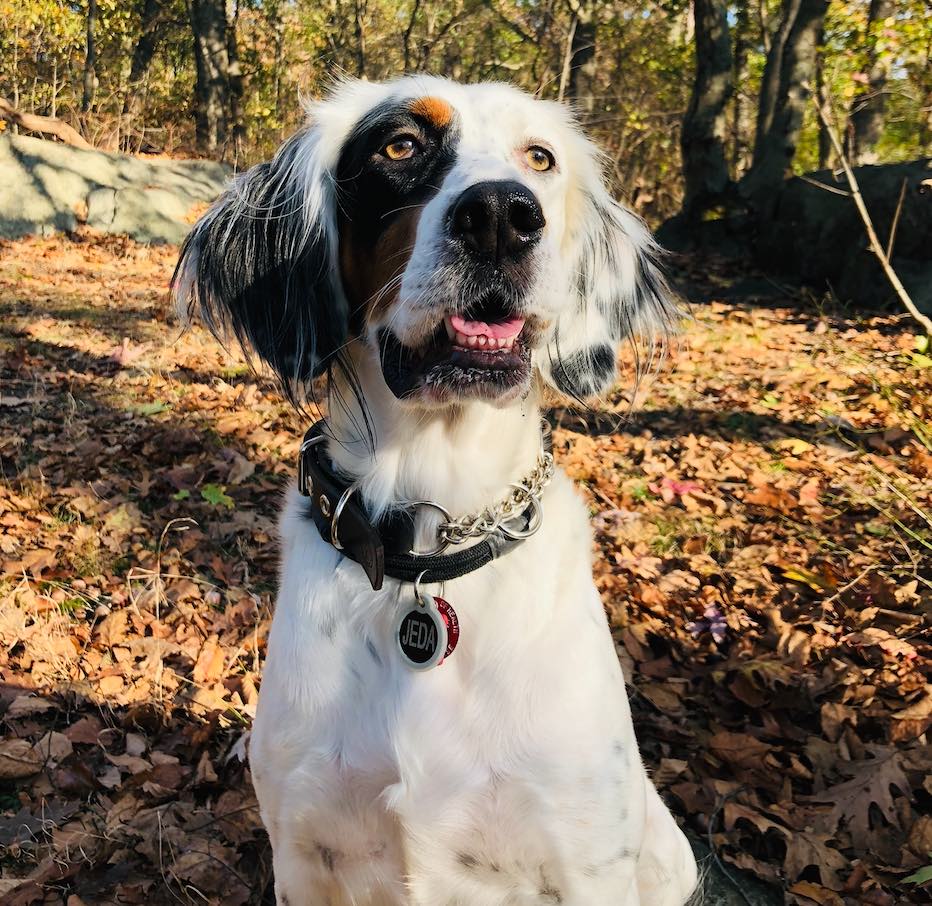Mariluz Soula
Outside of lab, Mariluz enjoys playing with and spoiling her dog/daughter (Jeda), working out regularly to decompress, and exploring the New York City food scene and nightlife with her friends.
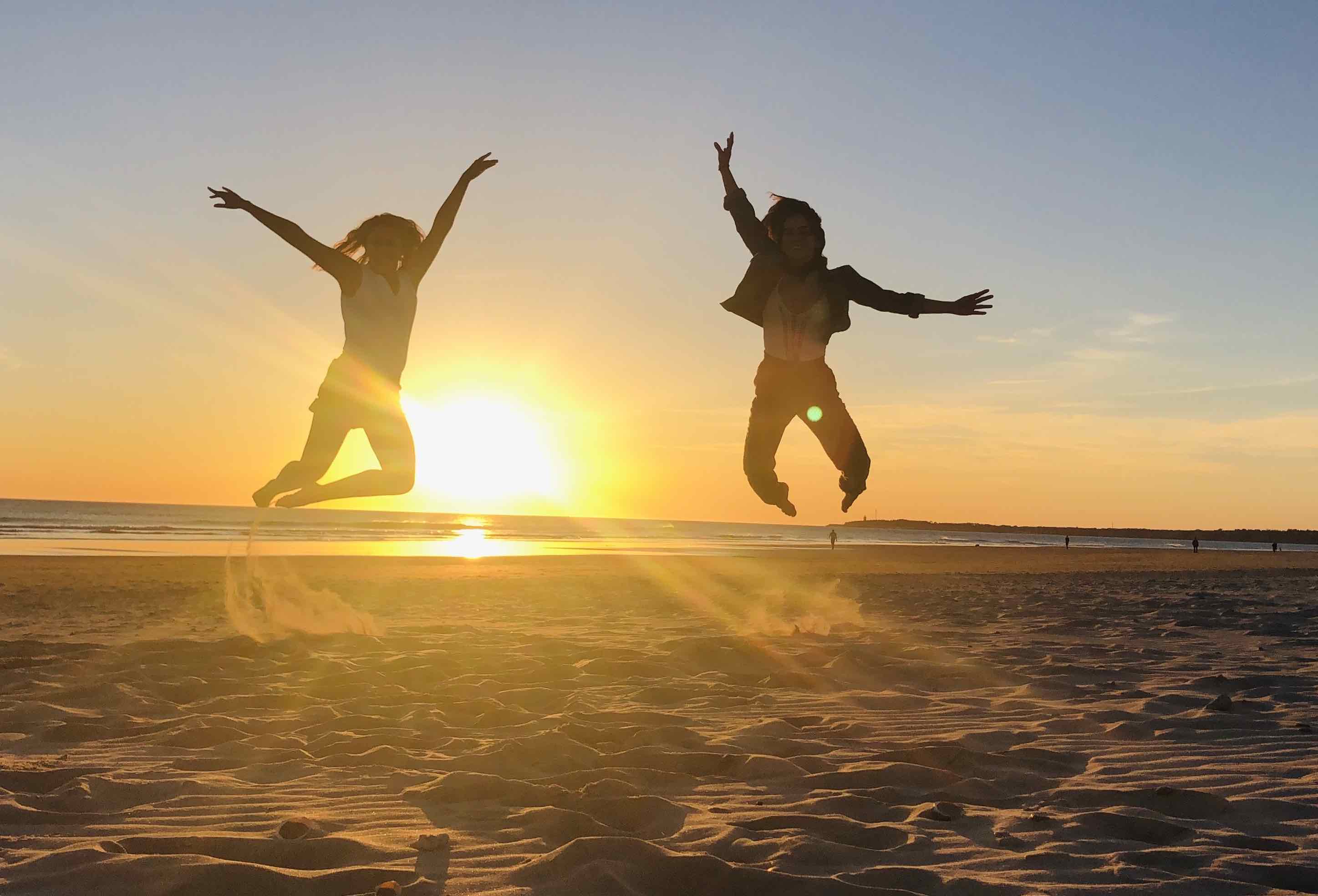
Mariluz Soula is a graduate student at The Rockefeller University where she studies Cancer Metabolism.
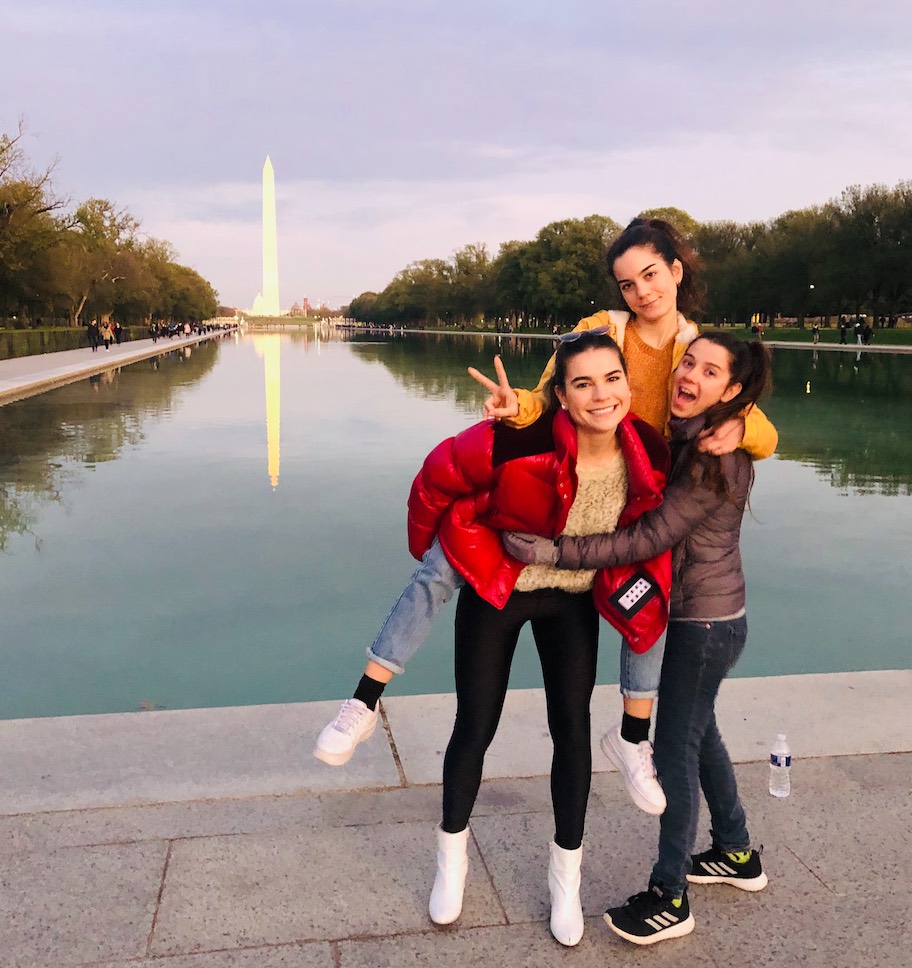
What’s your favorite thing about being a scientist? Did you always want to be a scientist?
“My favorite thing about being a scientist is that my life revolves around figuring out something no one else knows. I literally create knowledge. It’s so fun to work out the details of a biological process and see how it pieces together with past and future discoveries. I did not always want to become a scientist, mostly because I had never met a scientist or known what it’s like to be one. I liked science (mostly biology) growing up, so I figured I’d become a doctor (the only type of scientist I had ever really interacted with). When I started college, I joined a research lab to build my CV for medical school, but thanks to my amazing mentors, I fell in love with research and changed my career trajectory.”
Can you think of a specific time when you found science or pursuing science challenging?
“Every day! Creating knowledge is not easy, but that’s what makes doing science fun. However, pursuing a career in science is even harder. The system is super competitive and it takes so much more than being good at science to become successful — you need to network, be a people person (definitely not what comes to mind when you think of a “scientific genius”), and you need to know how to sell yourself and your brand (your skills and research). On top of this reality, I constantly struggle with imposter syndrome. Unfortunately, Latinas are not well represented in academia, so it becomes difficult to envision myself as a scientific leader. I always wonder if I’ll have what it takes to face the unique challenges underrepresented minorities face when we seek to advance our careers. Luckily, I have found a couple of role models and mentors as well as supportive peers that keep me motivated and my eyes on the prize.”
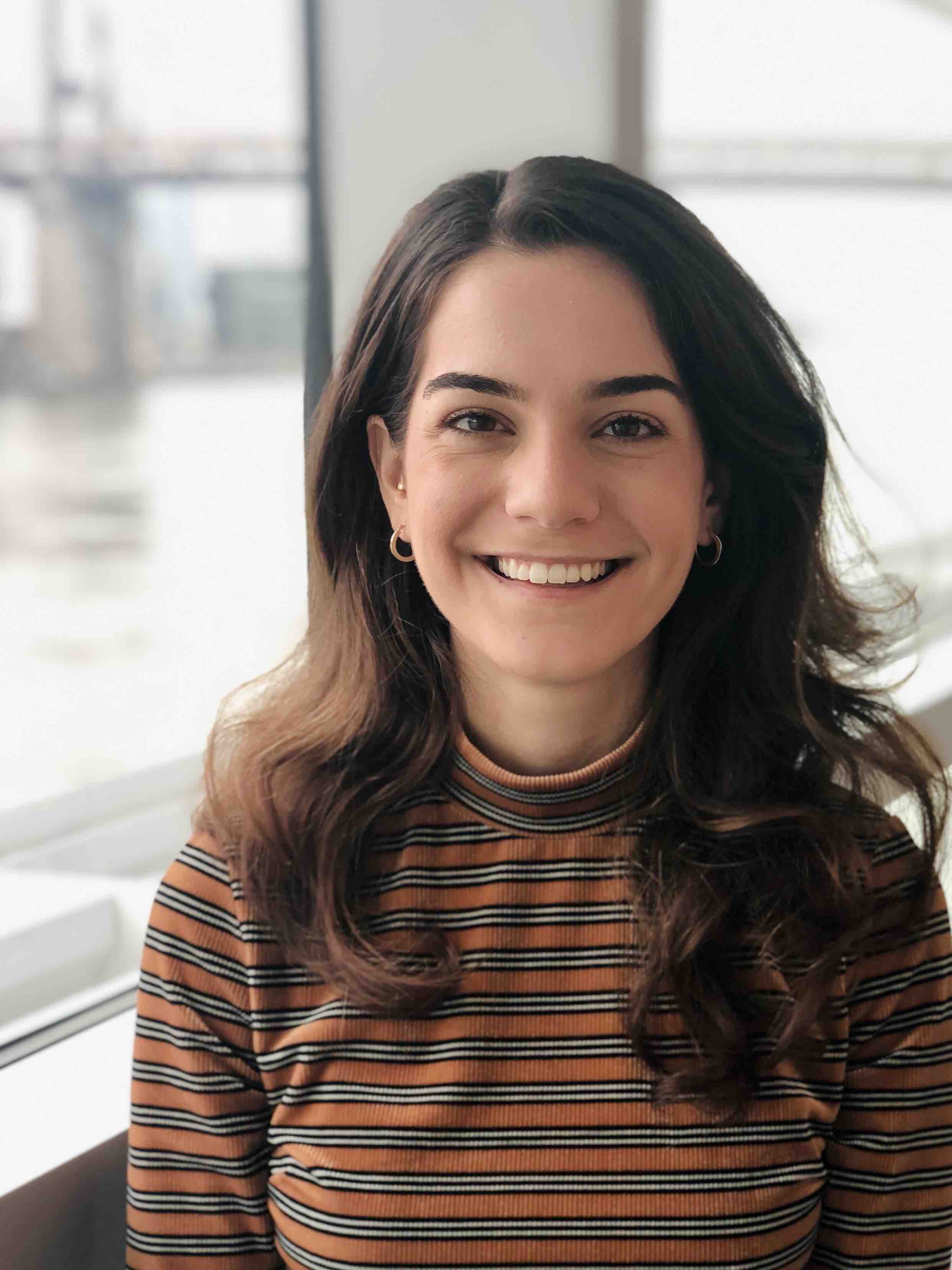
If you could give one piece of advice to young scientists or students, what would it be?
“If you love actually doing research: stretching your mind beyond what you thought possible, working with your hands, reading scientific literature, presenting/writing… then a PhD is a good option for you! I would urge anyone considering a PhD to participate in a summer program that allows you to really get that PhD experience: full-time research, presentations, lab meetings, proposal writing, deadlines, etc. This is especially relevant for students identifying as underrepresented minorities who, like me, had very limited access to scientific research. Many of these programs are made for us! Although challenging, participating in Rockefeller’s 2016 Summer Undergraduate Research Fellowship (SURF) solidified my choice to pursue a PhD.”
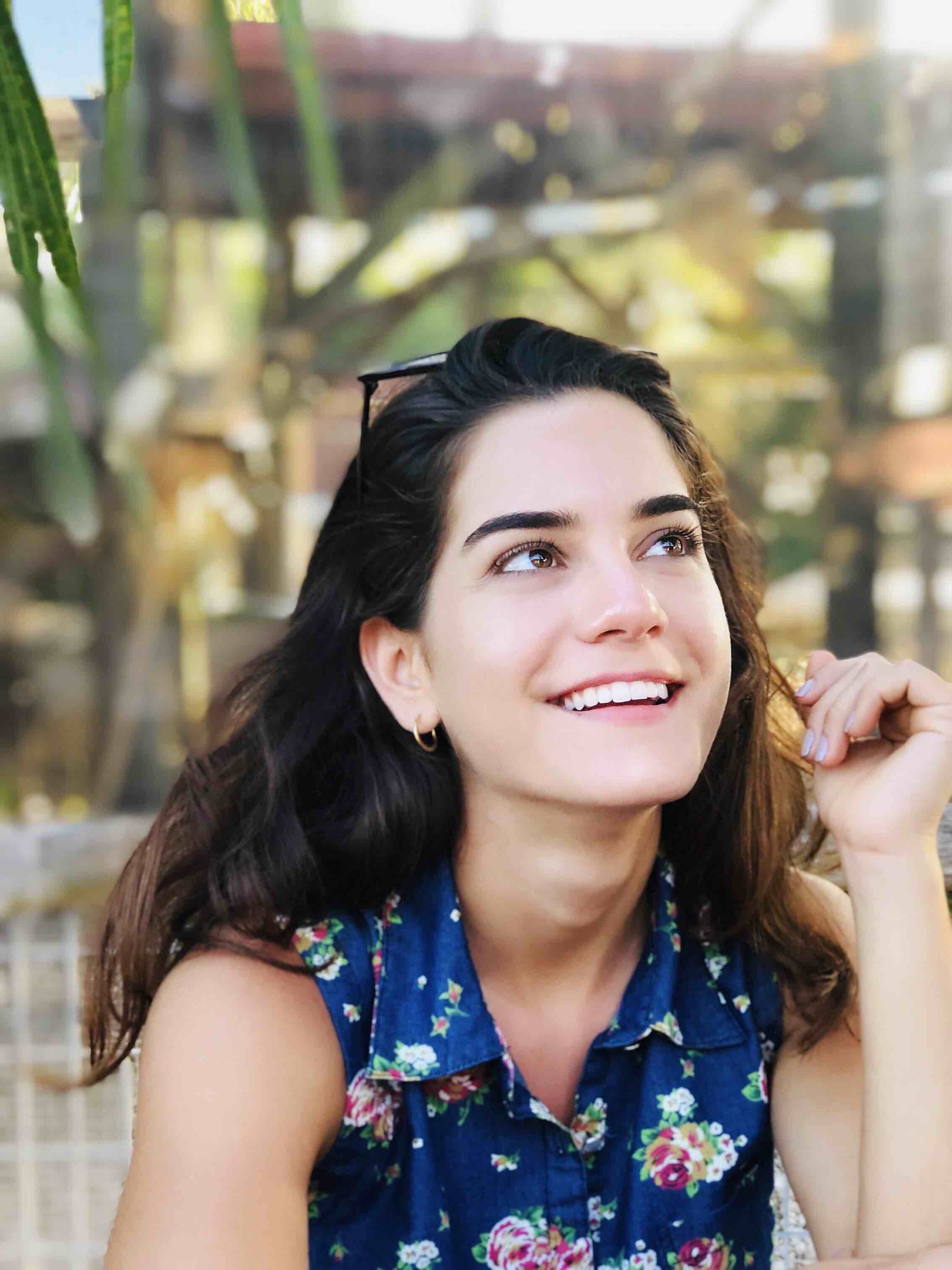
Have you ever made something explode or otherwise wildly go wrong in lab?
“If you add up all the small mistakes I’ve made over the years –forgotten PCR primers, running a gel backwards, plating the wrong number of cells, using the wrong secondary antibody– it’d probably add up to a mini mushroom cloud.”
If you hadn’t pursued science, what would you have done instead?
“Tough question! Firstly, even after you earn a PhD, a diversity of job opportunities are available, so I don’t see pursuing science as a dead-end. I think that if I had more exposure during high school or maybe even my early college years, I might have pursued a career in business or finance. The work ethic and critical thinking skills that make a good scientist would make a great business person.”
Why did you decide to come to NYC?
“When deciding where to enroll for graduate school, I realized I was also deciding where to live for crucial years of my life. Knowing graduate school would be challenging and knowing that my Latinx upbringing has made me value the feelings of home and family, I knew I needed to be honest with myself and pick a city where I would feel comfortable. I was initially drawn to the diversity in NYC and the fast pace of the city. I additionally spent two summers in NYC during my undergraduate years and felt I knew the city and would not have too much trouble adapting to life here. A huge bonus is that one of my sisters also lives in the city and we have been an important support system for each other.”
When you are done training, do you plan to stay in NYC?
“Who knows?? I love adventure… where to next?”
If the building was burning, what single item would you grab as you ran out the door and why?
“Jeda, duh! Can I grab my laptop too?”
